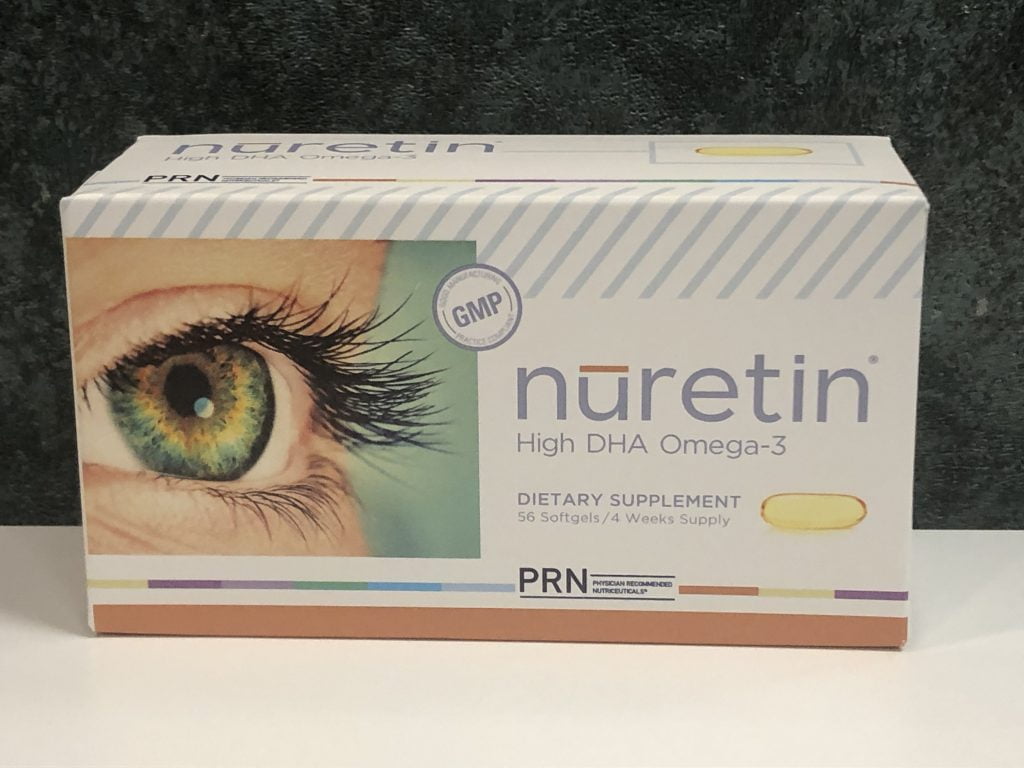Diabetes is one of the leading cuases of blindness in the United States and many diabetics fail to have their comprehensive eye exam yearly. Diabetes can affect the eyes leading to cataracts, dry eye syndrome, and glaucoma, but the most well known diabetic ocular condition is diabetic retinopathy.

What is Diabetic Retinopathy?
This is when diabetes causes the small blood vessels in your retina to weaken leading to leakage of blood and fluid.
Am I at Risk for Diabetic Retinopathy?
Any type of diabetes can lead to diabetic retinopathy. Studies have shown that the duration of the condition and if uncontrolled puts you at greater risk for developing diabetic retinopathy.
What Can I Do To Prevent and Treat Diabetic Retinopathy?
-
-
- The beginning stages of diabetic retinopathy most often do not cause any visual symptoms, therefore it is imperative that you get your eyes examined yearly if you are diabetic.
- Once diabetic retinopathy worsens, patients can experience dark or black spots in their vision and if left untreated, can cause blindness. Treatments include laser and surgical techniques; both of which can be explained by one of our optometrists regarding which is best suited for your eyes.
- To prevent diabetic retinopathy, follow your diabetic guidelines by your primary care physician and endocrinologist regarding medications and diet, exercise regularly, and have your eyes examined annually.
-

Diabetes Advanced Technology Testing
A comprehensive diabetic eye examination at Associates in Family Eyecare uses the latest technology to accurately assess for diabetic retinopathy.
Optomap Retinal Scan: This captures an image of your retina to find signs of clinical diabetic retinopathy such as hemorrhages in the retina.
Optical Coherence Tomography (OCT): This cross-sectional scan can look for swelling in the back of the eye, called diabetic macular edema, which can lead to visual disturbances.
Diopsys Electroretinography (ERG): ERG provides objective, functional information about the performance of the inner retinal cells of the eye. ERG has been recognized as an effective testing helping to diagnose and manage diseases including: macular degeneration, glaucoma, and diabetic macular edema.
Diopsys ERG Testing

